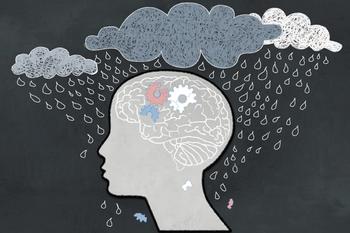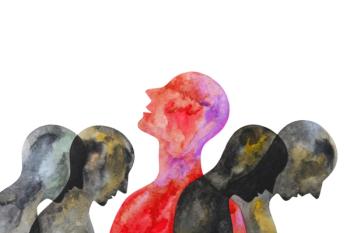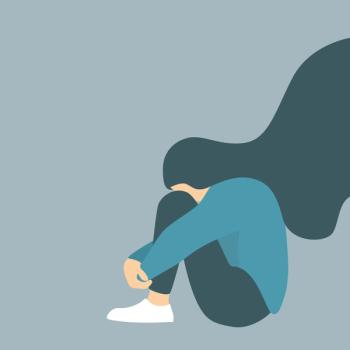
In this CME, learn to identify 3 patient groups who are characterized by elevated rates of suicidal behavior and co-occurring cognitive/neuropsychological impairment.

In this CME, learn to identify 3 patient groups who are characterized by elevated rates of suicidal behavior and co-occurring cognitive/neuropsychological impairment.

How can cultural humility in therapeutic settings improve patient outcomes?

We sometimes cannot see situations as they really are when we are in the middle of them. Is this the truth with climate change?


What is the connection between inflammation and mood disorders?

How can you provide affirmative mental health care for transgender and gender diverse patients?

Benzodiazepines: a class of medications that evokes that a visceral reaction.

Thinking about belief systems and preferences that differ from your own? Imagine the human brain as a mansion.

How do you manage the 4 most common adverse effects of antipsychotic medications?

This case presented as part of the Poster Presentations at the 2021 NEI Congress is a good reminder of the importance of taking a thorough history.

Comorbidity or medication adverse effect? Researchers performed a nested case-control study of new-onset obsessive-compulsive disorder following antipsychotic use in schizophrenia.

“Give me liberty, or give me death.” How does this apply to rural America today?

Reflections on the impact love and hatred can have on the human psyche.

How can we improve treatment response? Look to the patient.

Here’s how to integrate treatment strategies that address both ADHD and comorbid conditions.

Take a look at the compiled lessons we can learn from Dune.

Can our training and experience as psychiatrists shed light on vaccine hesitancy and the thought process behind it?

Dr Beck leaves behind a great legacy.

Taking a moment to learn from nature...

Did you miss the Annual Psychiatric Times World CME Conference? Don't worry, we've got you covered.

Isolated older adults may be especially vulnerable to addiction issues with the onset of the pandemic. Here’s how telemedicine can help.

Is the future computer-less, as Dune suggests?

What role do dreams play in psychiatry? Are "prophetic" dreams part of the paranormal, or maybe better show the potential power of our brains?

Some psychiatric medications that can trigger Torsades de Pointes (TdP), a potentially fatal polymorphic ventricular tachycardia that arises during abnormal ventricular repolarization. Are you aware of the risk factors that increase risk of TdP?

Dealing with diversity double-speak...

There is a delicate and precious dance between a father and his daughter...

Perhaps with time and commitment, this psychiatrist's dreams for a better world for patients and all mankind will come to fruition.

Microdosing at “Tranquillum House,” and its implications for real-world experimental psychopharmacology.

The Goldwater Rule has been in place for decades, but recent events have caused some to ponder its utility and appropriateness.

Loss and suffering can be hard for both patient and provider. Here’s what we know, what we need to learn, and how to protect yourself as a clinician.